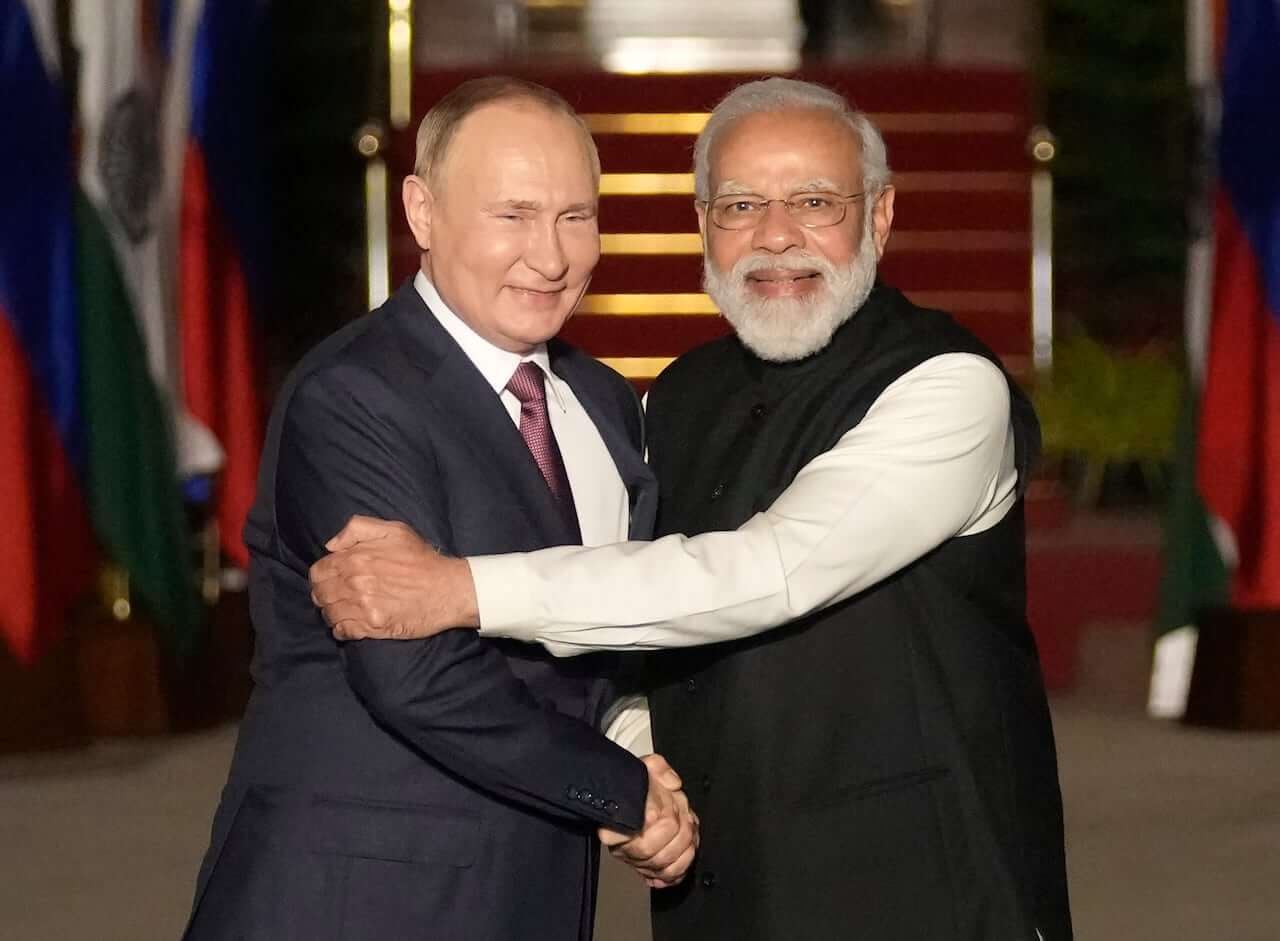India will reportedly be “happy to take” Russia’s offer of oil and commodities at a “heavy discount” in a bid to bring down surging prices.
An official “within India’s security apparatus” quoted by Reuters said that New Delhi will continue to “closely monitor” the international energy market, noting that it is “ready to take appropriate actions” to mitigate “market volatility” and the “rise in crude oil prices.” The source added that India will be accepting Russia’s offer following logistical work to finalise transportation, insurance cover, and the right blend of crude.
BREAKING: Reuters reports that Russia has offered India the chance to buy oil and other commodities at discounted prices, an offer that is being considered by New Delhi.
— The Spectator Index (@spectatorindex) March 14, 2022
These developments come shortly after Indian Minister of Petroleum and Natural Gas Hardeep Singh Puri spoke with Russian Deputy Prime Minister (PM) Alexander Novak to enhance their partnership in the energy sector. A statement released by the Russian government said that the two leaders discussed increasing oil and petroleum exports to India, which are already worth $1 billion, through “potential joint projects.” In particular, Novak talked about the value of cooperation via the Arctic LNG 2 and Sakhalin 1 projects.
The Russian Deputy PM noted that state-owned gas company Gazprom continues to supply LNG to India and that Rosneft is also building its network in the country. He said Russian companies have targeted the production, processing, and distribution of oil, natural gas, and coking coal and also highlighted the construction of a nuclear power plant in Kudankulam, Tamil Nadu. To this end, he called for even greater Indian investment in Russia’s energy sector.
Meanwhile, the Indian Ministry of Petroleum and Natural Gas noted in a release that tensions between Russia and Ukraine have caused a “steep increase in global crude oil and gas prices,” with a 40% increase in prices.
Against this backdrop, media reports also suggest that India and Russia are considering “rupee-ruble-based” trade, wherein Indian exporters can pay in rupees instead of dollars or euros. This would be achieved through a “floating exchange rate system” through a third currency, perhaps the yuan, as a point of reference. This could also facilitate the payment for goods worth about $500 million that have already been shipped to Russia.
One more relevant factoid. India’s top oil sources are:
— Dhruva Jaishankar (@d_jaishankar) March 15, 2022
1. Iraq 🇮🇶
2. Saudi Arabia 🇸🇦
3. UAE 🇦🇪
4. USA 🇺🇸
5. Nigeria 🇳🇬
6. Canada 🇨🇦
Russia’s share has been between 1%-3% in recent years.
However, with this latest development, India makes itself open to criticism from its Western allies, who have been urging the global community to boycott Russia for its military aggression in Ukraine. In fact, the United States has already banned the import of Russian oil, which has resulted in Russia losing up to 700,000 barrels in oil exports each day. Meanwhile, the European Union (EU), which imports over 4.5 million oil barrels from Russia each day, has sanctioned three of Russia’s major oil suppliers but refrained from a complete ban, keeping in mind its heavy reliance on Moscow to fulfil its energy needs.
Consequently, several international traders have avoided purchasing Russian oil in a bid to prevent any secondary sanctions against themselves. However, Indian officials have reiterated that ongoing Western economic measures against Moscow do not prevent India from importing Russian fuel.

